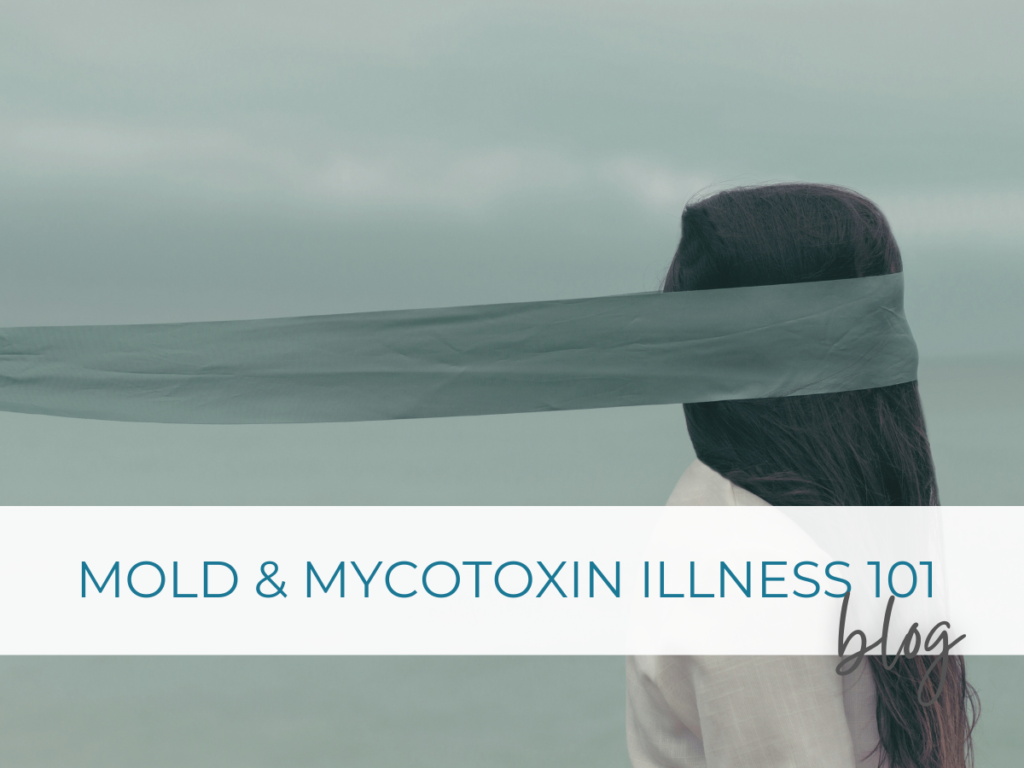What Are Mycotoxins?
Imagine mold is throwing a party in a damp, dark corner of your house. Now, at this party, there are some pretty nasty guests called mycotoxins. These are toxic substances produced by certain types of mold, and when they start circulating in your home, they can invite themselves right into your body, leading to mycotoxin illness.
How Do Mycotoxins Affect Us?
When you breathe in or come into contact with mycotoxins, they can cause a wide range of health issues. Think of it like an uninvited guest crashing your system and wreaking havoc. Symptoms can be as mild as a bit of fatigue or as severe as chronic headaches, cognitive issues, and respiratory problems. Some folks might even experience muscle pain, mood swings, or skin rashes. In short, mycotoxins are the party crashers you definitely don’t want. Other symptoms include:
- Respiratory Issues: Sneezing, coughing, and trouble breathing.
- Neurological Symptoms: Headaches, dizziness, and even cognitive issues like memory loss.
- Fatigue: Feeling unusually tired and drained.
- Neurological Symptoms: Headaches, dizziness, and even cognitive issues like memory loss.
- Digestive Problems: Nausea, vomiting, and abdominal pain.
- Immune System Woes: Increased susceptibility to infections and illnesses.
Who’s Most at Risk?
While mycotoxins can affect anyone, certain people are more susceptible. If you have allergies, asthma, or a weakened immune system, you might be more sensitive to these toxins. But even if you’re typically the picture of health, prolonged exposure to mycotoxins can still make you feel pretty lousy.
If you’ve been feeling off and suspect mold might be the culprit, mycotoxin testing could be the key to unlocking the mystery.
What is Mycotoxin Testing?
Mycotoxin testing is a process that detects the presence of mycotoxins in your body. These toxic compounds, produced by certain molds, can lead to various health issues if they accumulate over time. Testing helps pinpoint whether mycotoxins are contributing to your symptoms, providing a clearer picture of what’s going on inside your body.
Some examples of toxins include:
Why Consider Mycotoxin Testing?
If you’ve been dealing with unexplained symptoms like persistent fatigue, headaches, respiratory issues, or cognitive problems, and you suspect mold exposure, mycotoxin testing could be a crucial step. Here’s why it’s worth considering:
- Identify the Culprit: Testing can confirm if mycotoxins are present and identify the specific types, helping tailor your treatment plan.
- Guide Treatment: Knowing which mycotoxins are involved can guide healthcare professionals in choosing the most effective detoxification and treatment strategies.
- Prevent Future Issues: Identifying and addressing mycotoxin exposure early can prevent more severe health problems down the line.
How Does Mycotoxin Testing Work?
Mycotoxin testing typically involves analyzing a urine sample, as mycotoxins are often excreted through urine. Here’s a quick rundown of the process:
- Sample Collection: TYou’ll provide a urine sample, which is then sent to a specialized lab.
- Laboratory Analysis: he lab uses advanced techniques to detect and measure mycotoxins in your sample.
- Results: Your healthcare provider will receive a detailed report indicating the presence and levels of various mycotoxins.
What to Expect During Testing
The testing process is straightforward and non-invasive. You’ll simply need to collect a urine sample, usually first thing in the morning, when mycotoxin levels are most concentrated. Follow any specific instructions provided to ensure accurate results.
Interpreting the Results
Once your results are in, your healthcare provider will review them with you. Here’s what you can expect:
- Detection of Mycotoxins: TThe report will indicate which mycotoxins, if any, were found in your sample.
- Concentration Levels: You’ll see the concentration levels of each mycotoxin, which helps determine the severity of exposure.
- Next Steps: Based on the results, we can recommend a treatment plan, which may include detoxification protocols, dietary changes, and strategies to eliminate mold from your environment.
Taking Action
If mycotoxins are detected, don’t panic. There are effective ways to detoxify your body and reduce your exposure:
- Detox Protocols: TYour provider may suggest supplements and treatments to help your body eliminate mycotoxins.
- Environmental Changes: Identifying and addressing mold sources in your home or workplace is crucial. This might involve professional mold remediation.
- Diet and Lifestyle: Supporting your immune system with a healthy diet, staying hydrated, and reducing stress can aid in recovery.
Final Thoughts
Mycotoxin testing is a powerful tool in the fight against mold-related illness. If you suspect mold might be behind your health woes, talk to your naturopathic doctor about whether mycotoxin testing is right for you. It could be the first step towards feeling better and reclaiming your health.








